I can’t be the only one who feels like they’re moving through the world in a bit of a stupor right now as I struggle to reconcile my daily surroundings (still mostly normal, save for some long lines at the grocery store) with the ever-worsening projections of how our lived realities are going to have to—indeed, will—change as we collectively attempt to manage the effects of coronavirus. I say ‘projections’, but this is a rare instance where we have a looking glass at our disposal. On the other side of which is Italy. And yet, it’s still hard to believe that things could get really bad, isn’t it? The two- or three-week lag between things-as-they-are and things-as-they-will-be is just enough to fuel a bit of denial of what’s to come.
Closed daycare or self-quarantine is going to translate to lots of time in the kitchen with the kids.
Another dissonance: the tension (perceived, anyway) between personal and public good. Hence BC hospitals reporting thefts of masks and other supplies essential to managing the crisis. That example illustrates a particularly odious (and terribly counter-productive) selfishness. Let’s call that a ‘9’ on the selfishness volume dial.
But how about medium-volume selfishness? I think we can all be forgiven for worrying about how this crisis will affect us and our loved ones directly. I’ll leave aside health concerns for now. Here are my economic ones, and those of my colleagues: my farm’s business model is almost entirely focused on restaurant sales. As of yesterday, I heard about the first full restaurant closure by one of my customers. More, or all, will come; restaurant owners and their employees will be some of the earliest affected by this necessary response to the outbreak.
Meanwhile, farmers market vendors also face uncertainty. There is currently a collective confusion about whether markets will be treated like grocery stores and be allowed to operate, or whether they will be treated like public gatherings, and shuttered.
The challenge for we farmers as we attempt to adapt to changing conditions is that, for many of us, an investment in the crop to come, a crop that largely hasn’t even been planted yet, is already made. The seeds ($5000 worth, in my case), packing supplies, soil amendments, and much more have been paid for.
But people must eat, which I guess is why they need all that toilet paper. And so the nervous chatter among my colleagues largely focuses not on whether to plant, but on the quick adaptation of crop plans (less of the fancy, precious stuff destined for glory on fine dining plates; more potatoes, head lettuce, and beans) and of marketing channels.
Regarding the latter: expect to see your local farmers figuring out ways to coordinate pre-paid orders for delivery to your home. Our farm already has an online store (create an account here). Currently, I’m talking to colleagues about working together to distribute our production safely and efficiently. The fresh produce season is still a month away, but I’ve got stored beets, carrots, dry beans, and milling corn, and will be offering some home deliveries between Kelowna and Naramata in the next week or so.
To my friends, customers, and colleagues: good luck with whatever hardship you’re facing. I think what’s most important to remember is that we’re all better off the more cohesive are our efforts to get through this. At the very least, let’s stop stealing hospital masks.
This is Jordan writing, by the way. Call me if you’re trying to figure out a food security plan for your family. I can tell you about what options I can provide and/or connect you with some of my colleagues. 250 767 6636.
I hope everyone stays as healthy and well-fed as can be.

